The shift away from news is evident, as seen in changes to Facebook and Instagram’s algorithms. The apathy toward news isn’t overblown, it’s real, as a recent study of TikTok shows.
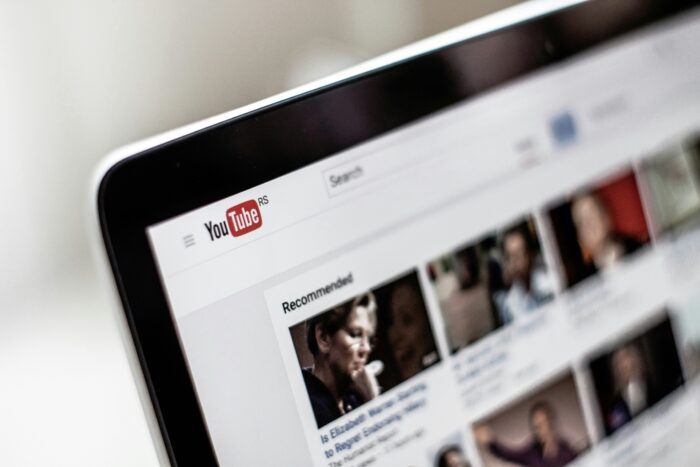
YouTube is not showing a trend of recommending news videos to users. Photo: GT
YouTube is a notable case in point in this context. According to an international study, YouTube is one of the largest platforms for news consumption globally, with 20% of adults using it regularly to consume news.
YouTube’s algorithm has shown a worrying tendency to surface a disproportionate number of extremist videos. But there’s little clear indication of whether its algorithm steers users toward or away from news in general.
A new study in Political Communication provides the first substantial data on this question. It explains that there are generally two ways YouTube’s algorithm steers users away from news.
One is the “topical filter bubble,” where you watch entertainment videos and keep getting more entertainment videos recommended. The other is “algorithmic redirection,” where the algorithm does the opposite and recommends you content different from what you’re watching, like an entertainment video after you finish watching a news video.
On YouTube, both algorithms tend to steer people away from news. The topic filter “bubble effect” is stronger for most types of entertainment videos than for news, and the algorithmic shift also has a greater effect on entertainment videos.
In other words, if you watch an entertainment video, you're more likely to be recommended the same type of video than if you watch a news video.
As a result, as a user, you might start watching news but will increasingly see entertainment videos appear as recommendations. The researchers write that, on average, an entertainment video is three times more likely to be recommended than a news video. This suggests that no matter what content a user starts with on YouTube, they are more likely to watch entertainment videos than news videos.
This entertainment bias stems from the fact that YouTube is built on boosting engagement for economic reasons, researchers say, simply because people care more about entertainment than news on social media. YouTube’s algorithm is designed to weigh against news quite heavily on a large scale.
Ngoc Anh (according to NiemanLab)
Source: https://www.congluan.vn/youtube-va-cac-mang-xa-hoi-dang-ngay-cang-ne-tranh-tin-tuc-bao-chi-post299126.html



![[Photo] Prime Minister Pham Minh Chinh chairs conference on anti-smuggling, trade fraud, and counterfeit goods](https://vphoto.vietnam.vn/thumb/1200x675/vietnam/resource/IMAGE/2025/5/14/6cd67667e99e4248b7d4f587fd21e37c)




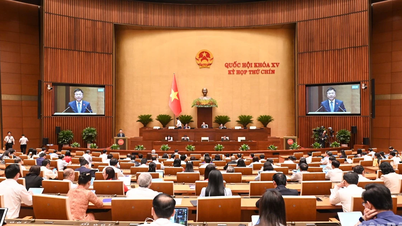

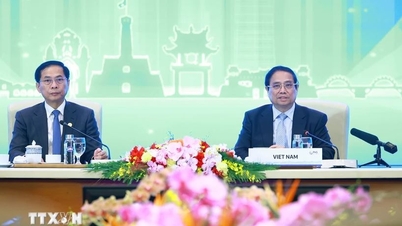



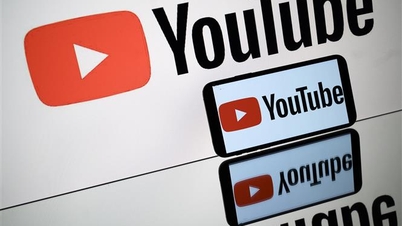



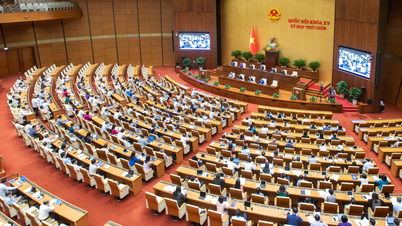

















































































Comment (0)